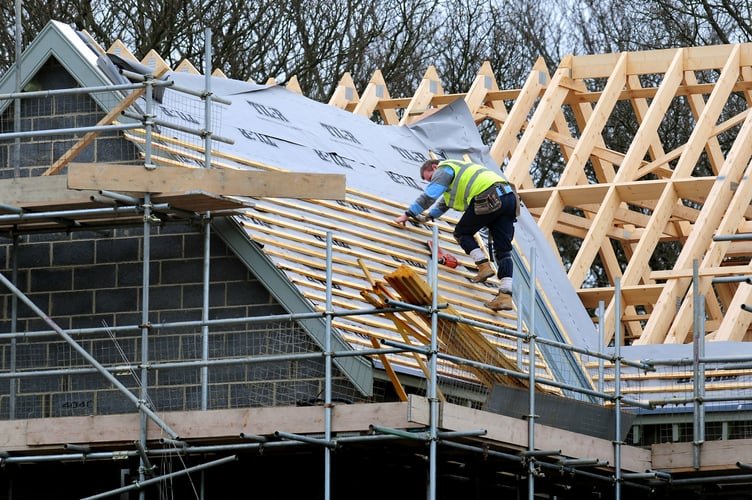If your real estate site isn’t leveraging neighborhood pages, you’re missing one of the most powerful on-site SEO tools available.
Buyers and sellers don’t just search for properties — they search for locations. Creating high-quality, optimized neighborhood pages allows you to rank for hyper-local keywords, establish topical authority, and convert traffic that’s ready to take action.
Let’s break down why this tactic is a cornerstone of modern real estate SEO and how you can use it to your competitive advantage.
What Are Neighborhood Pages?
A neighborhood page is a dedicated landing page for a specific area, suburb, or community you serve. It gives potential clients:
-
Market trends
-
Community features
-
School info
-
Nearby amenities
-
Current listings
-
Local events or lifestyle notes
When done right, these pages target long-tail, high-intent search queries like:
-
“Homes for sale in [Neighborhood Name]”
-
“[Neighborhood] real estate market update”
-
“Best realtor in [Community]”
This is exactly what SEO for real estate websites is built to capture.
Why Google Loves Local Relevance
Google prioritizes local relevance in search results. That means it rewards content that focuses on:
-
Geographic specificity
-
Accurate data
-
Contextually relevant keywords
When your site includes individual pages for each community or area you service, you signal to Google that you’re an expert in that location — improving your local SEO for real estate performance.
Neighborhood Pages Build Trust With Buyers
Not only do these pages help with search rankings, but they also build credibility with clients. Buyers want to work with agents who know the ins and outs of their future neighborhoods.
By providing:
-
School ratings
-
Commute times
-
Public transport options
-
Safety info
-
Dining, nightlife, and family attractions
…you build trust and position yourself as a true local expert — and that’s a powerful driver of lead generation, especially in competitive markets.
Keyword Strategy for Neighborhood Pages
Here’s how to maximize keyword use:
-
Target location + property terms: “Condos for sale in [Area]”, “Luxury homes in [Community]”
-
Include variations: “real estate in [Neighborhood]”, “buy a house in [District]”
-
Sprinkle in real estate modifiers: “gated,” “family-friendly,” “new construction,” etc.
Top real estate SEO experts often use keyword research tools to uncover low-competition, high-conversion search terms that plug directly into these pages.
Content That Converts
A great neighborhood page does more than rank — it converts. You want to include:
-
CTA sections like “Book a Free Tour in [Neighborhood]”
-
Lead forms with embedded maps
-
Client testimonials from buyers in that area
-
Links to blog content that expands on local topics
This keeps users engaged and gives you more ranking opportunities through internal links and anchor variation.
This is also a golden opportunity to insert real estate SEO keywords naturally, without sounding forced.
Internal Linking Boosts SEO Value
Every neighborhood page should:
-
Link to nearby communities or similar market areas
-
Feature blog posts about that location (e.g., “Best parks in [Neighborhood]”)
-
Link to your homepage, service pages, and listing pages
Proper internal linking supports site structure and boosts SEO for broader and narrower terms alike — a tactic used by every reputable real estate SEO company.
Update Pages Regularly
Markets change. Prices rise. Schools improve. You must update your neighborhood pages every 3–6 months.
Refreshing content:
-
Signals to Google that your site is active
-
Helps you stay competitive
-
Increases click-through rates by keeping info accurate
This also gives you a great excuse to promote pages via email or social media — expanding their reach.
Final Thoughts
Neighborhood pages are an overlooked goldmine in real estate SEO services. They let you target niche keywords, deliver high-value information, and build trust at the most local level.
If you want to dominate your market, create — and regularly update — neighborhood pages that show you’re the top local expert. It’s a long-term play that brings in compounding results.

